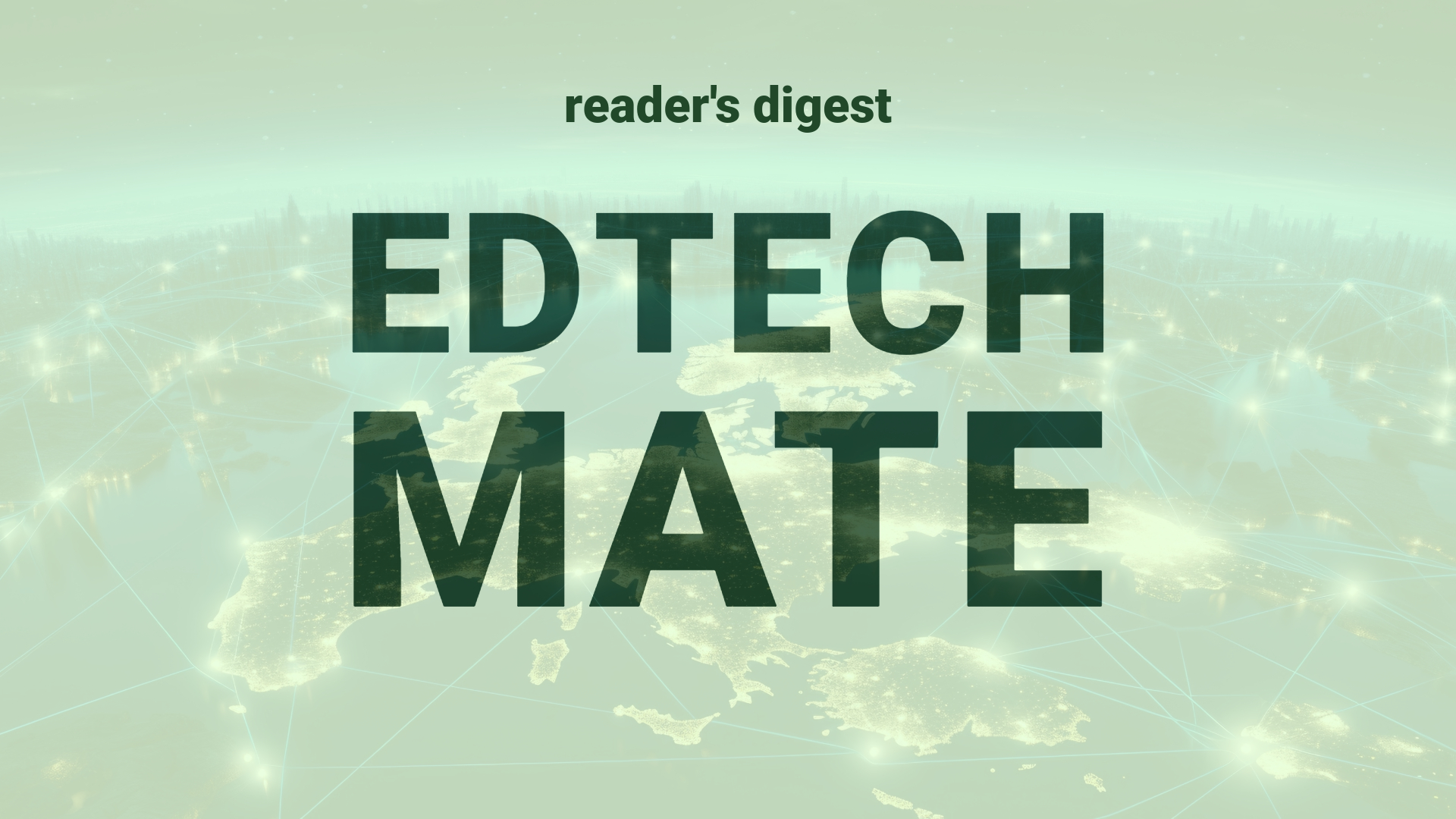Executive Summary and Main Points
In the intersection of workforce diversity and digital transformation, key innovations are reshaping the recruitment horizon, notably in the deliberate inclusion of disabled job applicants. The highlighted content from Harvard Business Review emphasizes research-backed practices that encourage companies to transcend basic compliance and genuinely communicate their commitment to diversity, equity, and inclusion (DEI). Proven methods include distinct shifts from standard legal jargon to sincere, empathetic language coupled with tangible evidence such as CEO messages, employee testimonials, and clear DEI metrics. Additionally, the discussion points towards applicants showcasing their hard skills and strategically discussing accommodations.
Potential Impact in the Education Sector
The strategies laid out have potential implications for Further Education and Higher Education institutions that are increasingly seeking diverse talents, including individuals with disabilities. Incorporating the outlined practices can not only bolster their DEI initiatives but also attract a wider talent pool. Furthermore, the approach can extend to the area of Micro-credentials, where ensuring accessibility and a supportive learning environment for disabled learners can enhance institutional reputation and foster inclusive educational offerings. Higher education institutions may benefit from these DEI practices by developing strategic partnerships that emphasize authentic commitments to inclusion, which ultimately support digitalization goals and improve accessibility.
Potential Applicability in the Education Sector
The recommendations put forth can be adapted to the global education sector, with AI and digital tools being integral to driving said adaptations. For instance, AI-driven platforms can personalize the application process for disabled candidates, offering a more humane and customized communication experience. Furthermore, virtual reality simulations can be used in training to foster empathy and understanding of specific disabilities within the campus community. Digital badges and micro-credentials can also be designed to recognize and incentivize faculty’s DEI efforts in pedagogy and recruitment.
Criticism and Potential Shortfalls
While the proposed practices are commendable, there are potential shortfalls that warrant attention. Overemphasis on digital DEI efforts might inadvertently exclude those with limited access to technology, creating a digital divide. Additionally, these strategies may face challenges within different cultural contexts, where perceptions of disability vary significantly. International case studies would serve as a robust comparative analysis, helping to identify differential DEI requirements based on local norms, resources, and legislative backdrops, ensuring that ethical and cultural considerations are balanced with global DEI aspirations.
Actionable Recommendations
For leaders in the international education sector, these insights necessitate actionable steps: Instituting comprehensive DEI training for staff that leverages sophisticated digital tools to simulate a variety of disability scenarios, implementing an AI-augmented recruitment system tailored to accommodate and engage disabled candidates, and forming strategic alliances with technology providers to ensure resources are inclusively designed. Further, by publicizing DEI metrics and achievements, educational institutions can display their sincere commitment to inclusivity, thus attracting a global cohort that reflects the diverse fabric of society.
Source article: https://hbr.org/2024/06/how-to-improve-the-hiring-process-for-disabled-candidates

